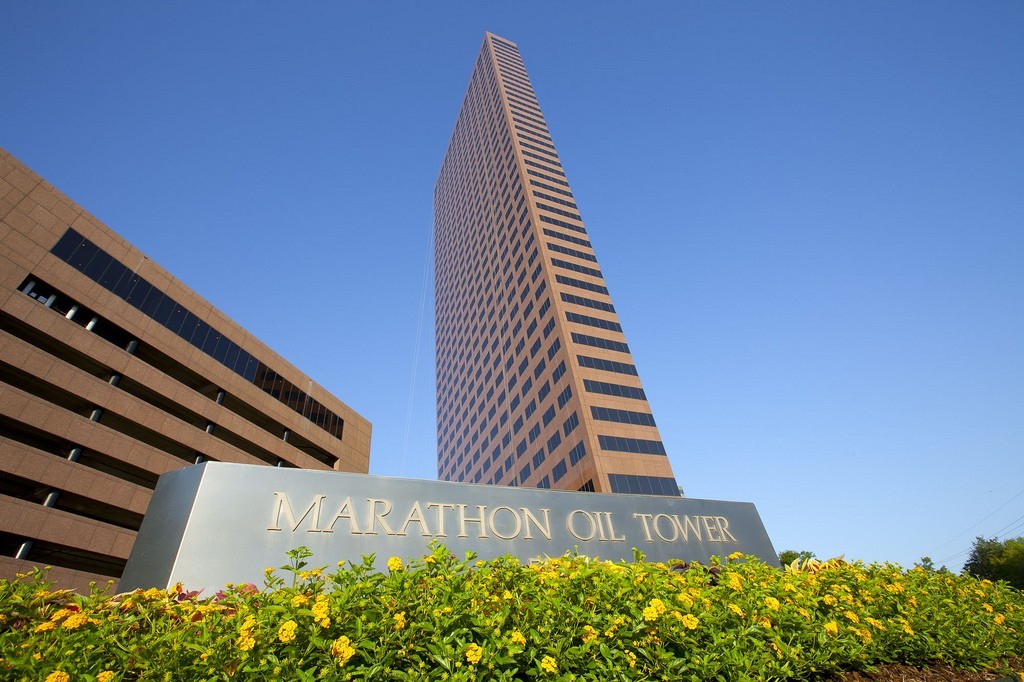
US firm Marathon Oil has completed the sale of its Libyan subsidiary to Total for $450million.
Houston-headquartered Marathon said the divestment represented a “complete country exit”.
Marathon Oil Libya, holds a 16.33% non-operated interest in the Waha concessions in Libya.
Lee Tillman, chief executive of Marathon Oil, said: “Today’s announcement to divest Libya at an attractive valuation continues the simplification and concentration of our portfolio to the high margin, high return US resource plays.
“Our relentless focus on portfolio management has driven seven country exits since 2013 and generated proceeds of over $4billion just in the last two years. As a result, 95% of our 2018 development capital allocation and about 70% of the company’s total production mix will be associated with the US resource plays, naturally expanding our margins in 2018 and beyond.”
At year-end 2017, Marathon held proven oil reserves totalling 199million barrels in Libya.
Total chief executive Patrick Pouyanne said: “This acquisition is in line with Total’s strategy to reinforce its portfolio with high quality and low-technical cost assets whilst bolstering our historic strength in the Middle East and North Africa region.
“It builds on the Group’s long-term presence in Libya, a country with very large oil and gas resources, and demonstrates our commitment to continue supporting the recovering oil and gas industry of the country.”
Luke Parker, vice president, corporate analysis, Wood Mackenzie, said: “The Waha acquisition is an interesting one for Total. It comes at a time when Libya’s production resurgence continues, with unofficial sources reporting exports of 1.1 million b/d for February, which would be the highest levels since 2014.
“The deal is arguably opportunistic (some of the best deals are) and – much like the Maersk acquisition last year – comes as something of a surprise. But it fits with Total’s strategic objective of accessing low-cost oil, and consolidates an existing position: Total has a long history of operating in Libya, and is obviously comfortable with the risk-reward balance.
“Production and reserves growth is a key deal driver. There’s certainly upside from where we are today. Total believes production can increase from 300k boe/d (gross) today, to 400k boe/d by 2020, with plenty of upside – discovered resource and exploration – beyond then. Realising this upside would see Total create significant value through the deal.
“But there are risks to the growth story. In recent times production has been constrained for prolonged periods due to shut-ins at export terminals. Stability has improved, but the lack of central government means the risks of tribal disputes and labour strikes blockading critical infrastructure remain acute.
“Libya had looked non-core for Marathon for a while – the disposal is no surprise. All three US partners in Waha – Conoco, Marathon and Hess – have been rumoured to be seeking to exit Libya for some time. Political risk and US investor sentiment means Libya doesn’t sit comfortably within these companies’ portfolios. The deal follows Oxy’s 2016 divestment from Libya to OMV – another less risk averse European incumbent. We wouldn’t be surprised to see Conoco Philips and Hess exit too.”
